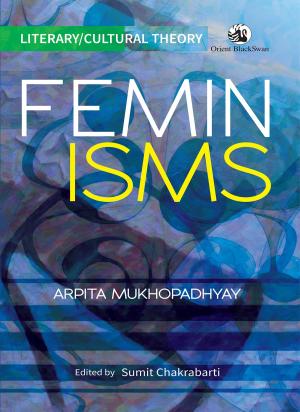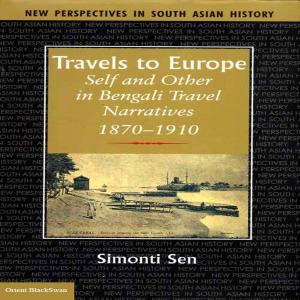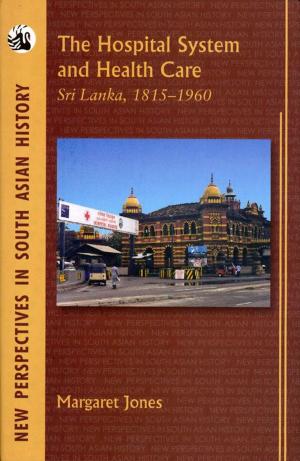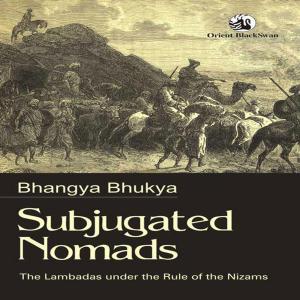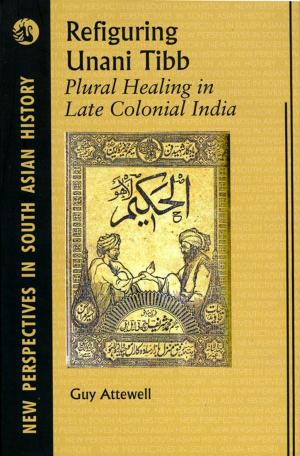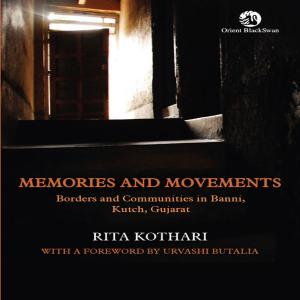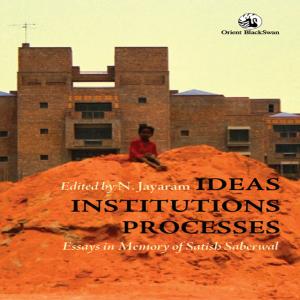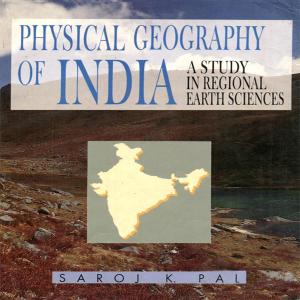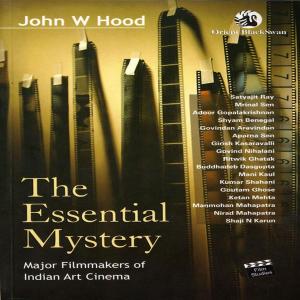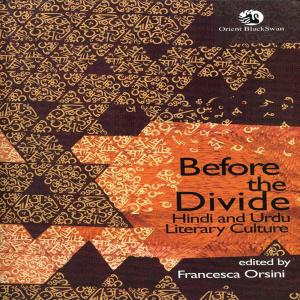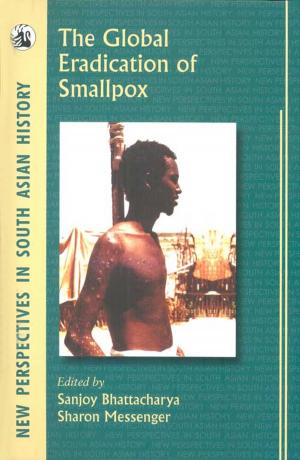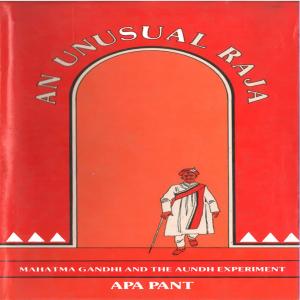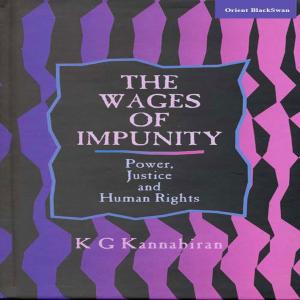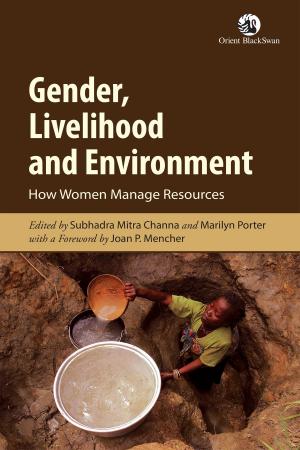| Author: | Apa Pant | ISBN: | 9788125057208 |
| Publisher: | Orient Blackswan Private Limited | Publication: | January 5, 2015 |
| Imprint: | Language: | English |
| Author: | Apa Pant |
| ISBN: | 9788125057208 |
| Publisher: | Orient Blackswan Private Limited |
| Publication: | January 5, 2015 |
| Imprint: | |
| Language: | English |
Apa Pant comes of a former ruling family in India, the Pratinidhis of Aundh, who played their part in the stirring history of the Maratha struggle for the failing power of the Moghul Empire. In his own time he helped to make history of a different kind with the 'Aundh Experiment', the remarkable constitutional project in which his father, the Raja of Aundh, devolved power to his people in consultation with Mahatma Gandhi. From 1937, when Apa Pant returned from his studies in England as an Oxford M.A. and a Barrister-at-law, he was for ten years absorbed in the human, political and practical problems of this enterprise in Aundh, becoming Chief Minister by election in a ‘grass-roots’ democracy that survived the strains of World War II but was then overtaken by the dynamic changes of Indian independence. In 1948 new horizons were unexpectedly opened for him when Jawaharlal Nehru chose him to be India’s Commissioner in what was then British East Africa, a post that involved him for more than five years in the multi-racial problems and opportunities that awaited the winds of change, varied by special duties as an alternate delegate to the United Nations in New York. His next posting, as India’s Political Officer in the Himalayan States of Sikkim and Bhutan, gave him opportunities of visiting Tibet at a most critical period in its long history, and these he took with the sympathetic enthusiasm of a nature grounded in philosophic, religious and humanistic curiosity. He accompanied the Dalai Lama and the Panchen Lama on their Indian travels for the Buddha Commemorations in 1956-7, and in 1959 he received the Dalai Lama at Siliguri in India after the dramatic Lhasa Revolt against the Chinese.From 1961 to 1964 Mr Pant was India’s Ambassador in Djakarta at a time of considerable stress in Indonesia’s foreign relations. This was followed by two years as Ambassador to Norway and three in the Cairo Embassy, during which he had the honour, unique for a non-Muslim but in his case singularly appropriate, of being invited to give a public address from the pulpit of the great Islamic University of AI Azhar. In 1969 he came to London as High Commissioner in time to participate in the commemoration of Mahatma Gandhi’s centenary. After extending his own and his country’s friendships in the United Kingdom at an important juncture, he left in 1972 for his present post as Indian Ambassador in Rome. He holds the Padma Shri award for distinguished services.In A Moment In Time this rich experience is reflected in a receptive temperament of unusual character. The familiar dichotomy between the world of great affairs and the spiritual fundamentals of man’s existence is felicitously ignored. Along with fresh insights into some leading figures of our age Gandhi, Nehru, Kenyatta, Sukarno and a stimulating examination of East-West relations, the problems of development, and the dangers of centralised power, Apa Pant thus offers the fruits of his own ceaseless search, in action, in meditation and in questioning of the mystics of many creeds and countries, for individual harmony and a meaningful life.
Apa Pant comes of a former ruling family in India, the Pratinidhis of Aundh, who played their part in the stirring history of the Maratha struggle for the failing power of the Moghul Empire. In his own time he helped to make history of a different kind with the 'Aundh Experiment', the remarkable constitutional project in which his father, the Raja of Aundh, devolved power to his people in consultation with Mahatma Gandhi. From 1937, when Apa Pant returned from his studies in England as an Oxford M.A. and a Barrister-at-law, he was for ten years absorbed in the human, political and practical problems of this enterprise in Aundh, becoming Chief Minister by election in a ‘grass-roots’ democracy that survived the strains of World War II but was then overtaken by the dynamic changes of Indian independence. In 1948 new horizons were unexpectedly opened for him when Jawaharlal Nehru chose him to be India’s Commissioner in what was then British East Africa, a post that involved him for more than five years in the multi-racial problems and opportunities that awaited the winds of change, varied by special duties as an alternate delegate to the United Nations in New York. His next posting, as India’s Political Officer in the Himalayan States of Sikkim and Bhutan, gave him opportunities of visiting Tibet at a most critical period in its long history, and these he took with the sympathetic enthusiasm of a nature grounded in philosophic, religious and humanistic curiosity. He accompanied the Dalai Lama and the Panchen Lama on their Indian travels for the Buddha Commemorations in 1956-7, and in 1959 he received the Dalai Lama at Siliguri in India after the dramatic Lhasa Revolt against the Chinese.From 1961 to 1964 Mr Pant was India’s Ambassador in Djakarta at a time of considerable stress in Indonesia’s foreign relations. This was followed by two years as Ambassador to Norway and three in the Cairo Embassy, during which he had the honour, unique for a non-Muslim but in his case singularly appropriate, of being invited to give a public address from the pulpit of the great Islamic University of AI Azhar. In 1969 he came to London as High Commissioner in time to participate in the commemoration of Mahatma Gandhi’s centenary. After extending his own and his country’s friendships in the United Kingdom at an important juncture, he left in 1972 for his present post as Indian Ambassador in Rome. He holds the Padma Shri award for distinguished services.In A Moment In Time this rich experience is reflected in a receptive temperament of unusual character. The familiar dichotomy between the world of great affairs and the spiritual fundamentals of man’s existence is felicitously ignored. Along with fresh insights into some leading figures of our age Gandhi, Nehru, Kenyatta, Sukarno and a stimulating examination of East-West relations, the problems of development, and the dangers of centralised power, Apa Pant thus offers the fruits of his own ceaseless search, in action, in meditation and in questioning of the mystics of many creeds and countries, for individual harmony and a meaningful life.

